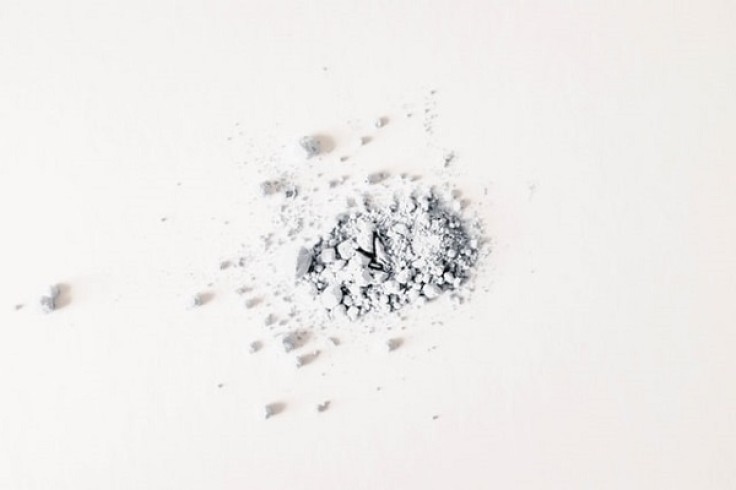On Tuesday, Johnson & Johnson announced that they would discontinue selling talc-based baby powder in the US and Canada after doing a consumer product portfolio reassessment related to COVID-19.
According to the US healthcare conglomerate, the action would cause a decrease in product sales in the coming months, even though they would continue selling existing inventory. Consumers file around 16,000 lawsuits because they said that the talc products of J&J caused their cancer. The majority of the lawsuits are pending before a judge in New Jersey.

Allegedly, the company's talc products are contaminated with a known carcinogen called asbestos. J&J, however, is confident that their talc-based powder is safe, citing the decades of scientific studies that they had.
A New Jersey judge ruled that plaintiffs can go forward with their claims, for they allege that the company sells cancerous talc products, but they should face limits on expert testimony that will be allowed in trials.
J&J claims their talc products are safe
After the discovery of trace amounts of asbestos by the US Food and Drug Administration (FDA), J&J said they found no asbestos in their Baby Powder after testing in December. In October, the company had to recall one lot of their Baby Powder as was tested by the FDA.
J&J said in a statement that in North America, the demand for talc-based Baby Powder has been decreasing due to changes in the habits of consumers and because of the misinformation about the safety of their products. The company also added that the constant barrage of litigation advertising was also a factor.
Asbestos in J&J talc products
Reuters found from 1957 and 1958 consulting lab reports that J&J talc had impurities. The contaminants were described as fibrous and "acicular," which meant that it looked like needles or tremolite. Asbestos is one of the six minerals that have that naturally occurs with those descriptions.
During the early 2000s, many reports by scientists at J&J, supplier of J&J, and other outside labs had similar findings. They identified contaminants such as asbestos in talc and finished products, and their description of "fiberform" or "rods" all match those of asbestos.
Late in 2018, Reuters reported that it had been known that J&J sells products with asbestos in their talc for decades. From 1971 to the early 2000s, raw talc and finished powders of the company were sometimes positive to small amounts of asbestos based on internal company records, trial testimony, and other evidence.
View this post on InstagramA post shared by Johnson & Johnson (@jnj) on Sep 28, 2018 at 10:58am PDT
Repeatedly, J&J keeps saying that their talc products are safe to use because they have decades of studies that prove that their talc-based products are free from asbestos and do not cause cancer.
Johnson & Johnson said that it would still sell its products with cornstarch in North America and products with both cornstarch and talc in the other markets across the globe.